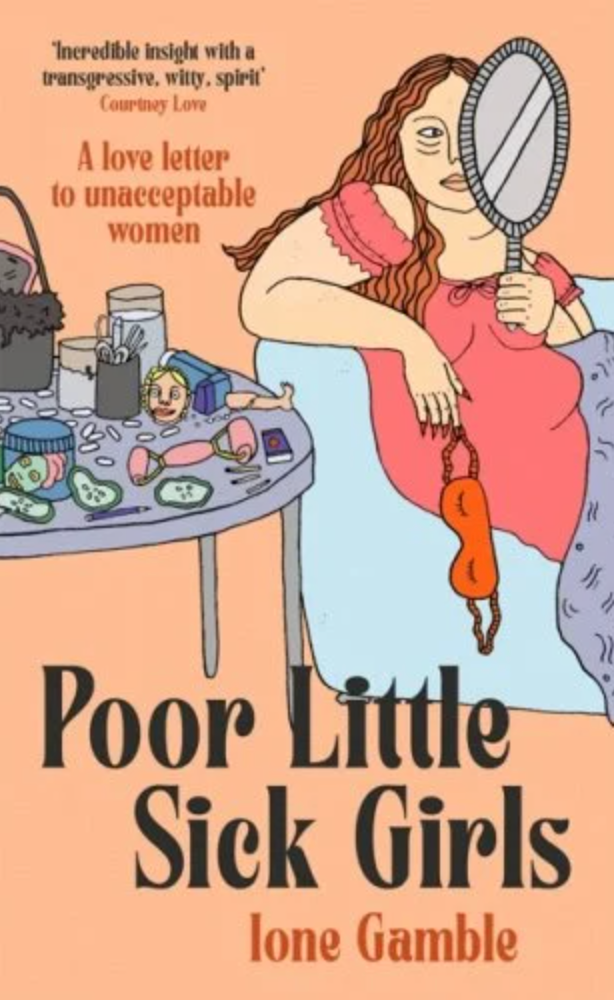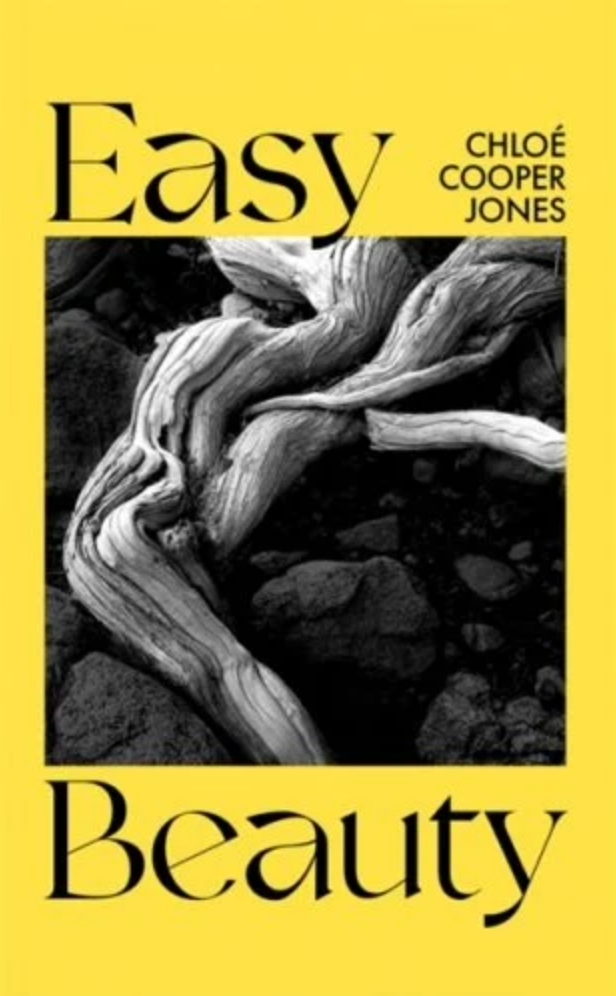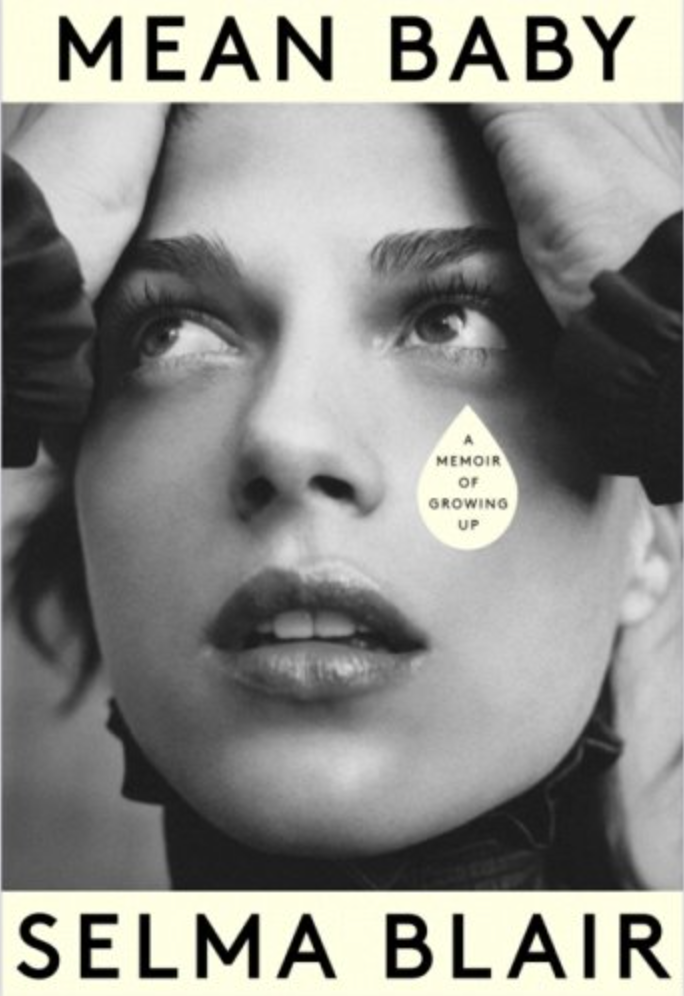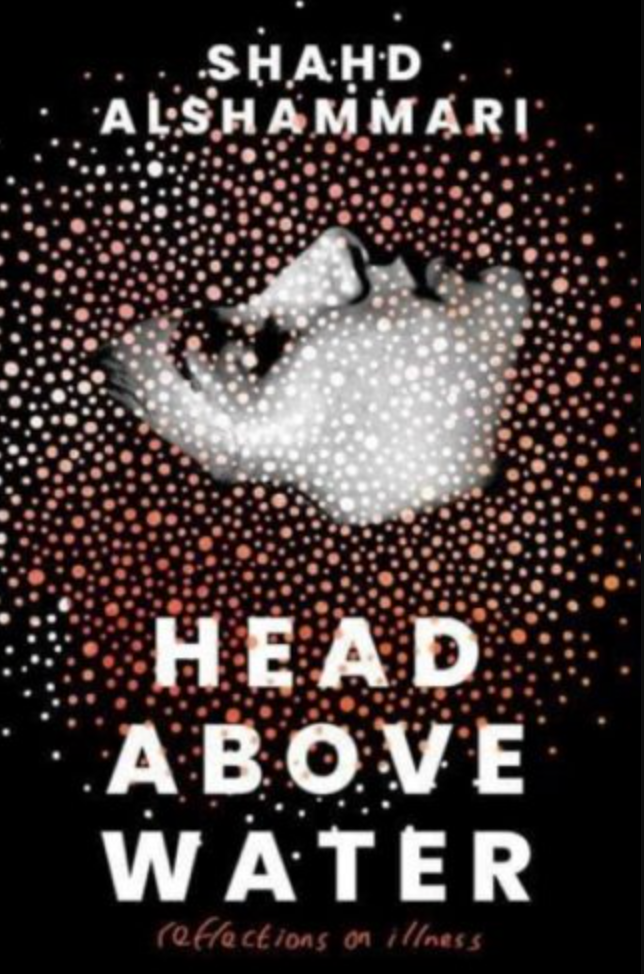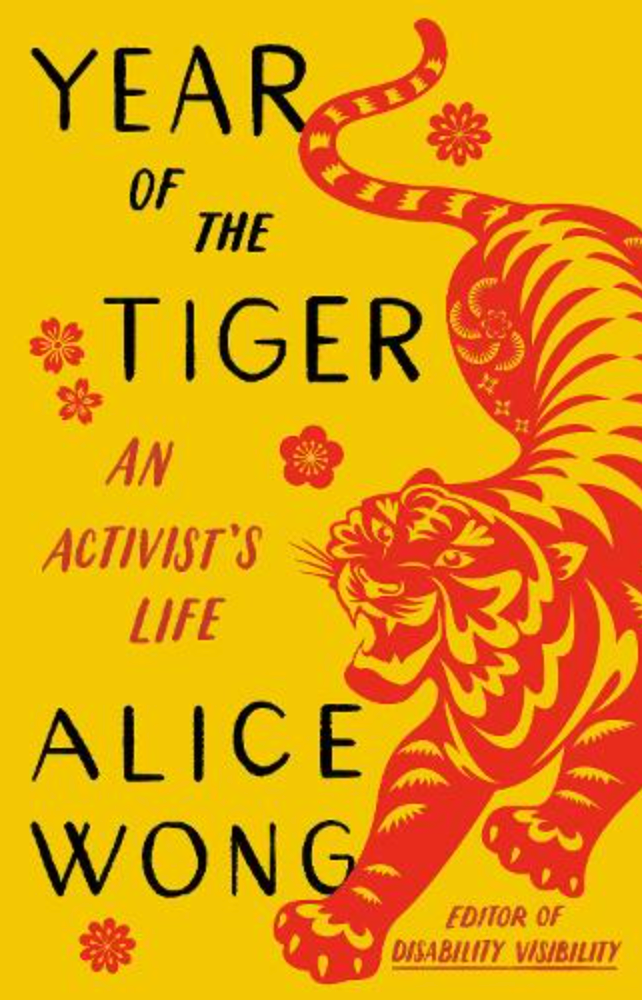I am sick but I am also lots of other things. I hang out in bars as well as A&E. I watch live gigs and also the TV in the hospital ward. There is a catch-22 when you identify as chronically ill. Talk about it too much and it is all you are: an attention seeker, a benefit fraudster, a lazy good-for-nothing. Talk about it too little and you're a faker, not real, all in your head. You can’t be a party girl with an incurable disease; that's too hard to believe.
As we reach the midpoint of 2022, things in many ways seem to be getting worse on all fronts. The past two years have shown us things we already knew: disabled bodies don't matter, sickness doesn't count if you already have diseases, ableism is rife pretty much everywhere. Although books alone don't turn political tides, the act of writing (and then securing agents and deals with the big five publishing houses) suggests a public appetite for a certain discourse. So if this year's roster of chronically ill and disabled authors is anything to go by, sick girls are finally having a moment.
AdvertisementADVERTISEMENT
Poor Little Sick Girls has just been published by the powerhouse team at Dialogue Books. Ione Gamble’s essay collection promises to dispel wellness myths and the falsehoods of liberal feminism through her experiences of becoming ill in early adulthood, spending her 20th year in and out of doctors' rooms. She is now a successful zine editor, podcast host and girl about town, doing it all with gastro issues in tow, and wants to tell us how she managed it – in the least girlboss way possible. I languished in bed with my own copy, dog-earing every other page for its relatability and important reminders: if Ione built her career from bed, then look at me, doing it too.
Chloe Cooper Jones’ memoir Easy Beauty was released in April this year and also takes on sexism and ableism, this time in academia. From the opening of the first chapter – "I am in a bar in Brooklyn listening as two men, my friends, discuss whether or not my life is worth living" – Cooper Jones charts her experiences of attempting to access life in cities that are inadvertently, if not purposely, built to harm disabled bodies. She pairs these journeys with complex ideas about beauty and creation, explaining true beauty and disabledness while queuing for a Beyoncé concert. Cooper Jones is an established philosopher yet her colleagues keep asking her when she will research being disabled – as if it is a singular experience that should dominate her thinking.
AdvertisementADVERTISEMENT
Perhaps the most famous worldwide of the sick girls is Selma Blair. Best known for her sharp red carpet style and acting finesse, she pens her most personal writing to date in her memoir Mean Baby. It talks of Hollywood and stardom, love and marriage, and takes us along for the journey of her MS diagnosis, a moment she describes as a saving grace. Blair’s tolerance for bullshit remains low as she assures readers that they should have no pity for her or her multiple walking sticks, letting us all know that before all of this, she was just a mean baby.
As Gamble explores in her essay "The tragic and gorgeous history of the sick girl", for as long as illness has been associated with femininity it has had only one image: ghostly pale, thin, weak and white. Submissive, tired of life, most likely just all in her frail head. This singular portrait of sickness is tiresome and ill informed but even today the disabled stereotypes remain. Wheelchair users featured in advertising tend to be middle-aged men; the imagery associated with conditions like endometriosis is nearly always of young, white women clutching their stomachs. Within this new movement of expanding disabled stories there is an appetite for more voices, which opens up space for disabled plurality and less tokenism.
“
It is easy to underestimate the power of seeing your specific illness written down in someone else's words.
”
In Head Above Water Shahd Alshammari shares her experiences of MS as an Arab woman, confronting the intersection of culture, religion and disability with her personal narrative of illness. Alice Wong, creator of The Disability Visibility Project, is a Chinese American woman whose forthcoming memoir, Year of the Tiger: An Activist’s Life, will use a multimedia approach to take readers through Wong's childhood, sickness and current life as an activist at the forefront of American disability justice.
AdvertisementADVERTISEMENT
Disability Visibility, Wong’s previous anthology, is the book I credit with radicalising my sick, disabled self. Its chorus of voices, of varying conditions and lives, dispelled the idea that a disabled life is monolithic. There are clashing needs represented in these essays – what one person finds joyful while sick will only isolate another. There are no hard and fast rules for disability; no one gives you a handbook the day the doctors tell you that you aren’t getting better. Collections like this offer some kind of hand holding or at least let readers know they’re not alone. It is easy to underestimate the power of seeing your specific illness written down in someone else’s words.
The readership for these stories might be primarily other sick folk and that itself is gratifying: these books are mirrors to our own experiences that until recently have been left off the page. Now, as sick girls and their literature reach bestseller lists, it complicates matters in the best possible way. These books are no longer 'disabled books', they are good books, readable books, books with things to say. These narratives will be picked up by unsuspecting, non-disabled readers who will be switched on to a new way of thinking about bodies, about sickness, inviting them to join us in the politics of disability justice.
shop 5 products
AdvertisementADVERTISEMENT







